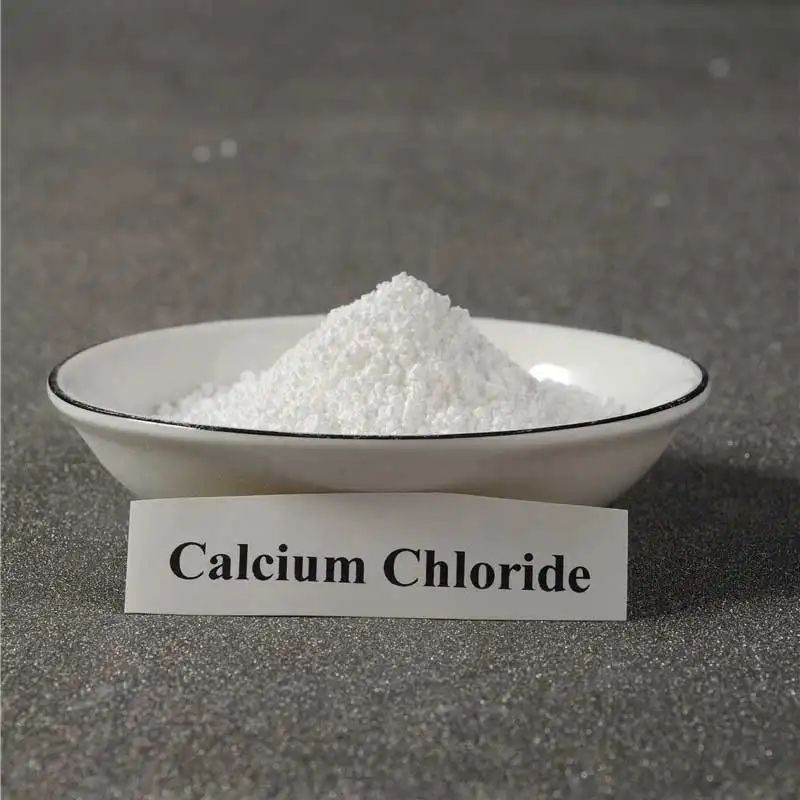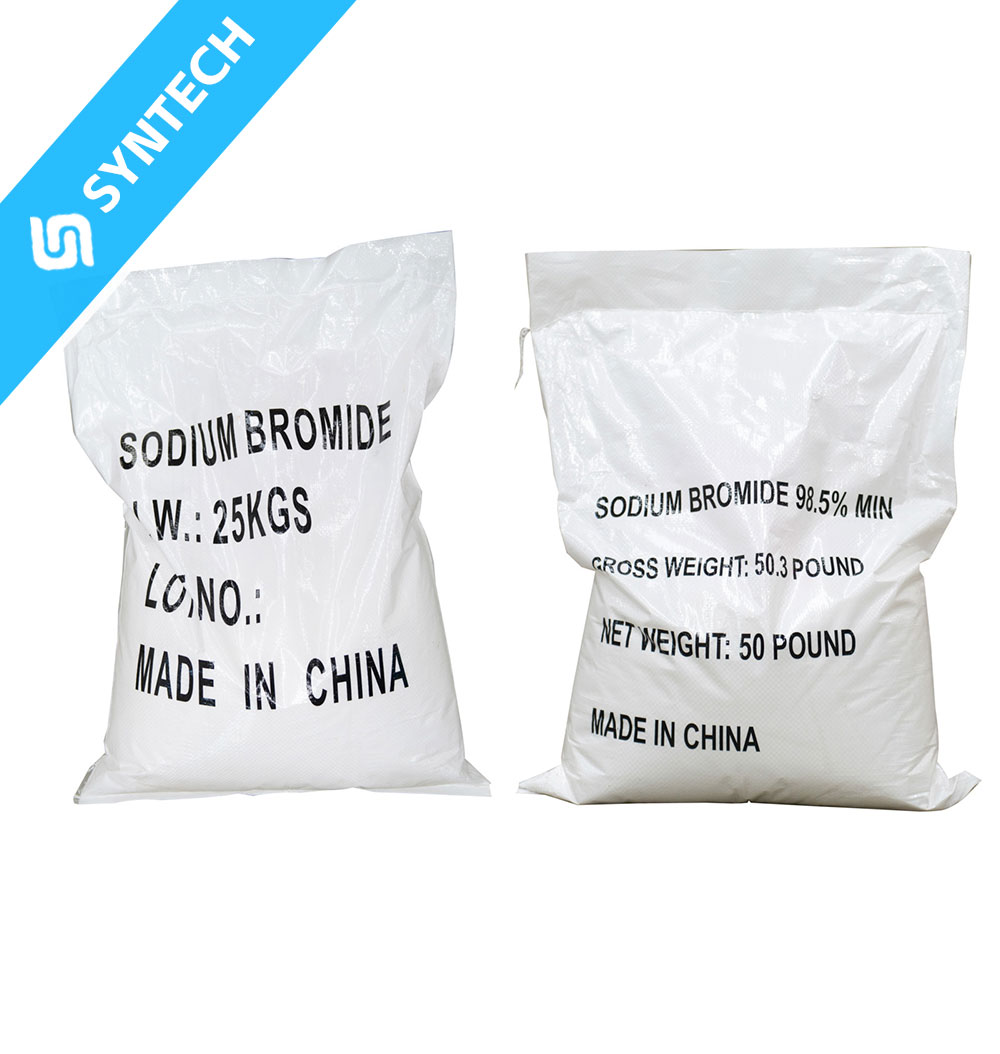When purchasing Sodium Methallyl Sulfonate (SMAS), the following precautions should be taken to ensure safety, compliance, and a smooth procurement process:
1. Compliance & Regulations
- Import/Export Controls: Verify whether the chemical is regulated in your country/region (e.g., China’s Regulations on the Safety Management of Hazardous Chemicals, U.S. EPA, or EU REACH) and whether permits or special declarations are required.
- Restricted Uses: Provide proof of legitimate use (e.g., industrial polymerization, research) to avoid prohibited applications.
2. Supplier Qualifications
- Choose Reliable Suppliers: Prioritize certified chemical manufacturers or distributors (e.g., Syntech, Sigma-Aldrich, TCI, Sinopharm) and verify their business license, chemical operation permits, and MSDS.
- Sample Testing: For bulk purchases, request samples to test purity (typically ≥95%) and impurity levels.
3. Safety Information (MSDS)
- Physicochemical Properties: White crystalline powder, highly soluble in water—requires moisture-proof storage.
- Hazards: May irritate eyes, skin, or respiratory tract. Use PPE (gloves, goggles, dust masks) during handling.
- Emergency Measures: Rinse with water upon skin contact; seek medical attention if ingested.
4. Transportation & Storage
- Transport Requirements: Ensure sealed, moisture-proof packaging with complete labels (including GHS hazard symbols). Avoid mixing with strong oxidizers.
- Storage Conditions: Keep in a cool, dry, well-ventilated area away from heat and incompatible substances (e.g., acids/bases).
5. Documentation & Records
- Purchase Contract: Specify product grade, purity, quantity, delivery timeline, and liability terms.
- Retain Records: Keep MSDS, quality reports, and shipping documents for regulatory inspections.
6. Special Application Notes
- Industrial Polymerization: Control dosage to avoid side reactions.
- Research Use: Opt for small pre-packaged quantities to minimize storage risks.
7. Environmental & Disposal
- Waste must be disposed of by licensed facilities in compliance with local regulations—never release into the environment.
Before purchasing, consult a chemical compliance expert or legal advisor to ensure full regulatory adherence. For further guidance, contact suppliers or local safety authorities.






